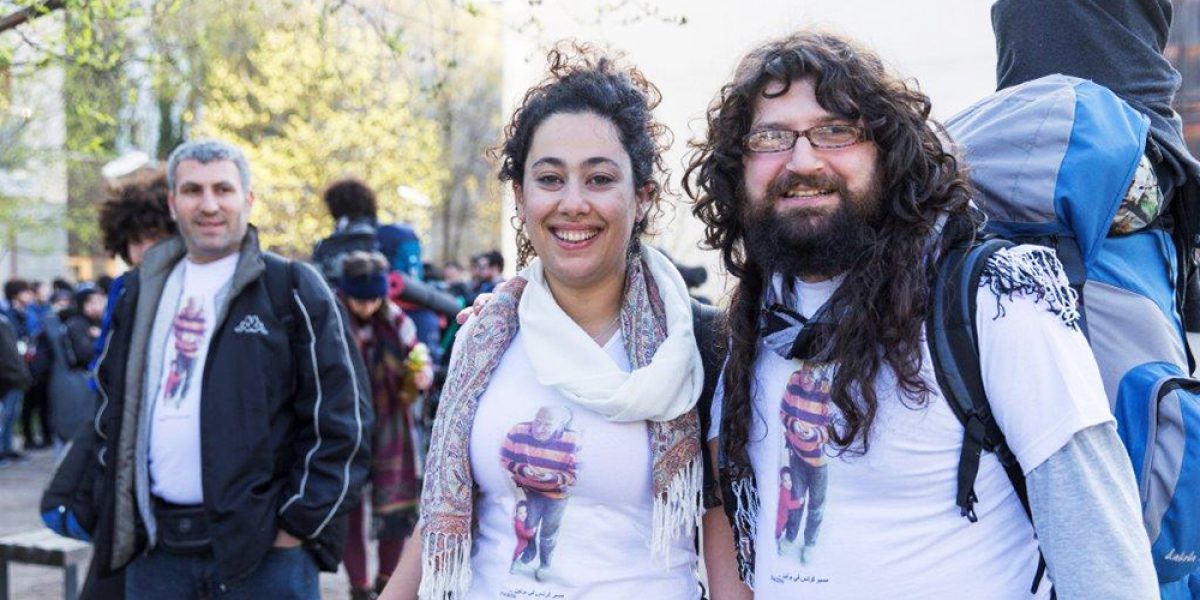Germany: local welcome vs. government roll-back
25 April 2017

Berlin, 25 April 2017 – In this preview from our upcoming annual report, JRS Germany communications officer, Dorothee Hasskamp, looks back over the last year of work and briefs us on the situation for refugees in Germany.
On the political level, 2016 was a year of legal roll-back in German asylum policy laws. Probably the most severe of the new regulations makes it impossible for many of the refugees from Syria and other violence-torn countries to reunite with their closest family members. Further, Germany is pushing mass deportations to Afghanistan.
JRS has been fighting this severely negative policy trend, lobbying for a more just and reasonable approach. JRS has been communicating to policymakers and the public why many of these laws do not make sense neither for refugees nor for the host society. In public lectures and discussions within parishes, schools, civil and political initiatives – often covered by the press – JRS director, Frido Pflüger SJ, and staff intensely engaged in awareness raising with the general public.
At the same time, the overwhelming support for refugees amongst ordinary citizens has continued. As part of the “I Get You” campaign, JRS Germany has been in contact with 50 refugee initiatives around Germany to understand factors of success and challenges and to collect best practices. The feedback of these community building initiatives is valuable for those policymakers who want to effectively support the grassroots driven welcoming culture.
A new JRS team in Munich working with Br. Dieter Müller SJ has begun to counsel and accompany 180 asylum seekers who live in a state-run refugee accommodation centre in the city. From the beginning of this project, JRS worked closely with the Jesuit University for Philosophy Munich and the Institute of Social Policy. JRS has facilitated meetings between students and neighbours and the refugees here right from the start.
As in the years before, JRS continued to support parishes who host refugees in order to prevent their deportation under the Dublin-regulation (known as Church asylum). JRS also continued to provide pastoral care and legal counsel for refugees, migrants and asylum seekers in detention centres.
QUICK FACTS
– Legal aid to 1,800 asylum seekers and migrants in Berlin and Munich, individual and group counselling in state-run accommodation centres as well as within the hardship commission of Berlin.
– Pastoral and legal care of 500 migrants and refugees held in detention prior to their deportation, giving legal aid to 110 of them, securing release in 40% of these cases.
– Support for 100 refugees and parishes in church asylum
The overwhelming support for refugees amongst ordinary citizens has continued.
